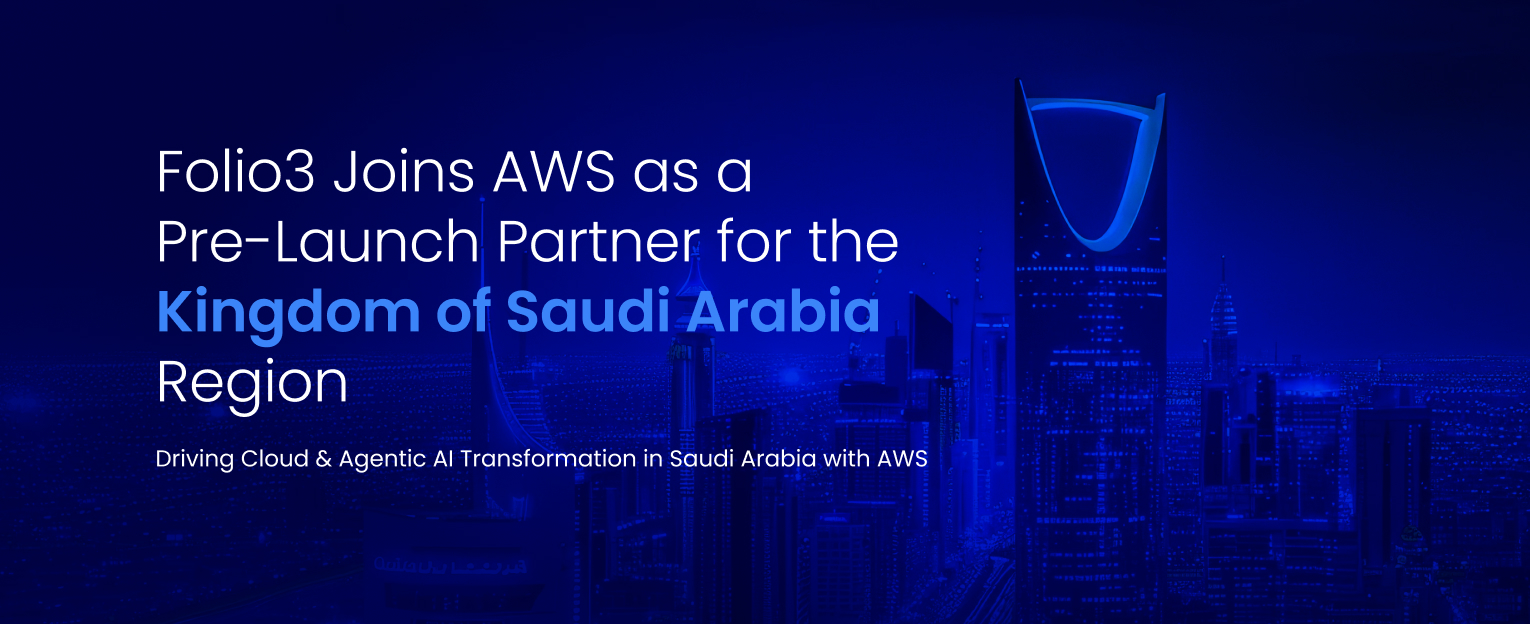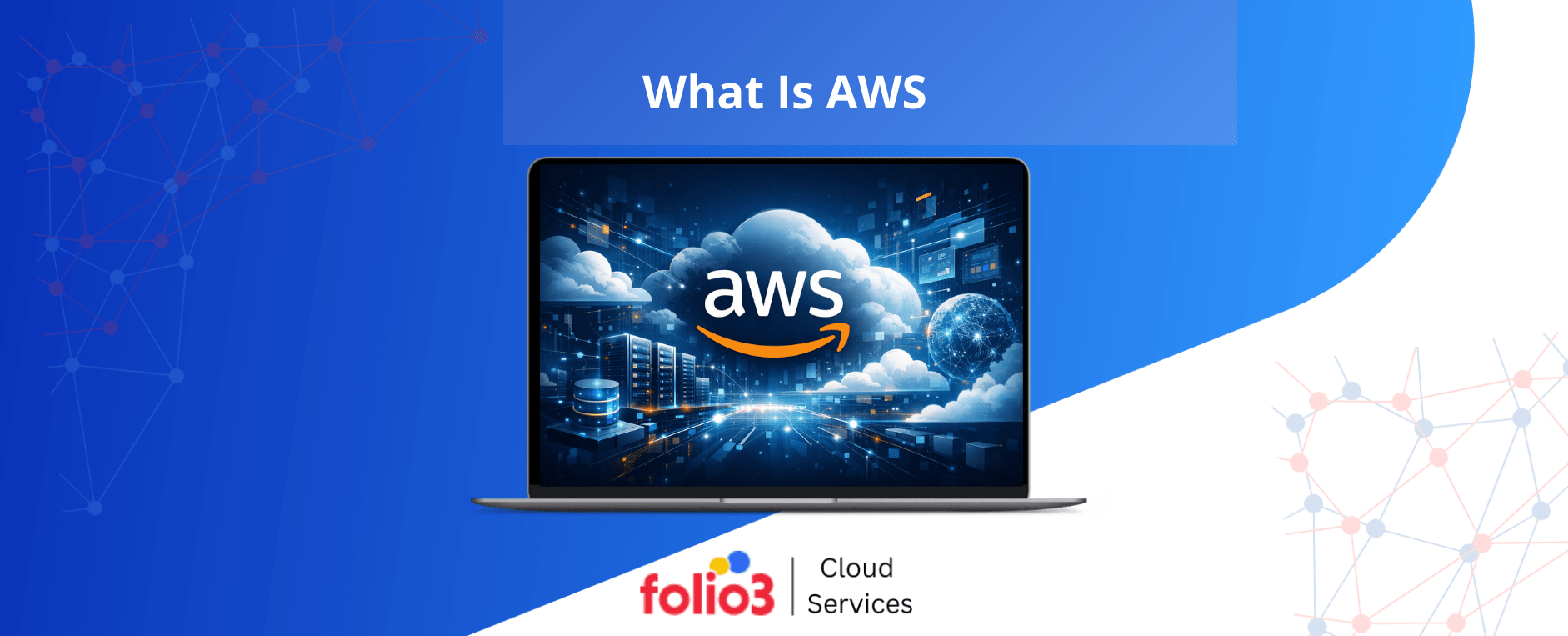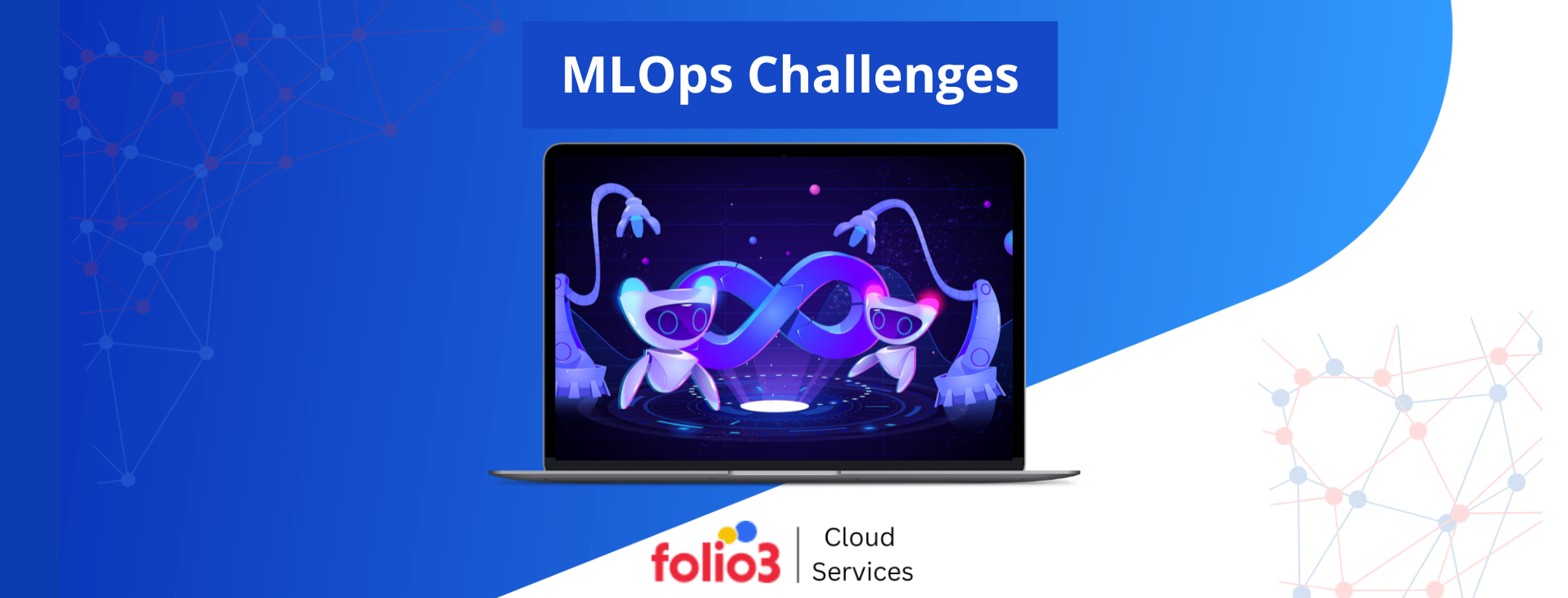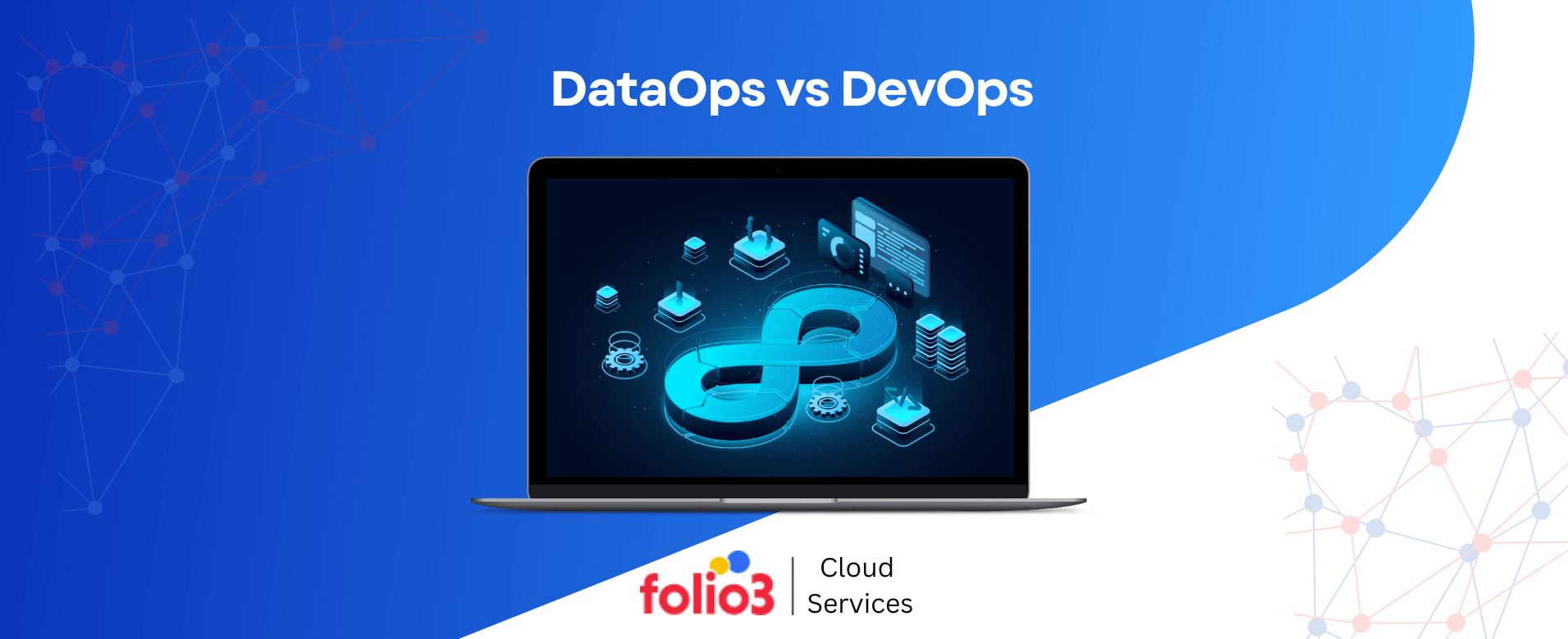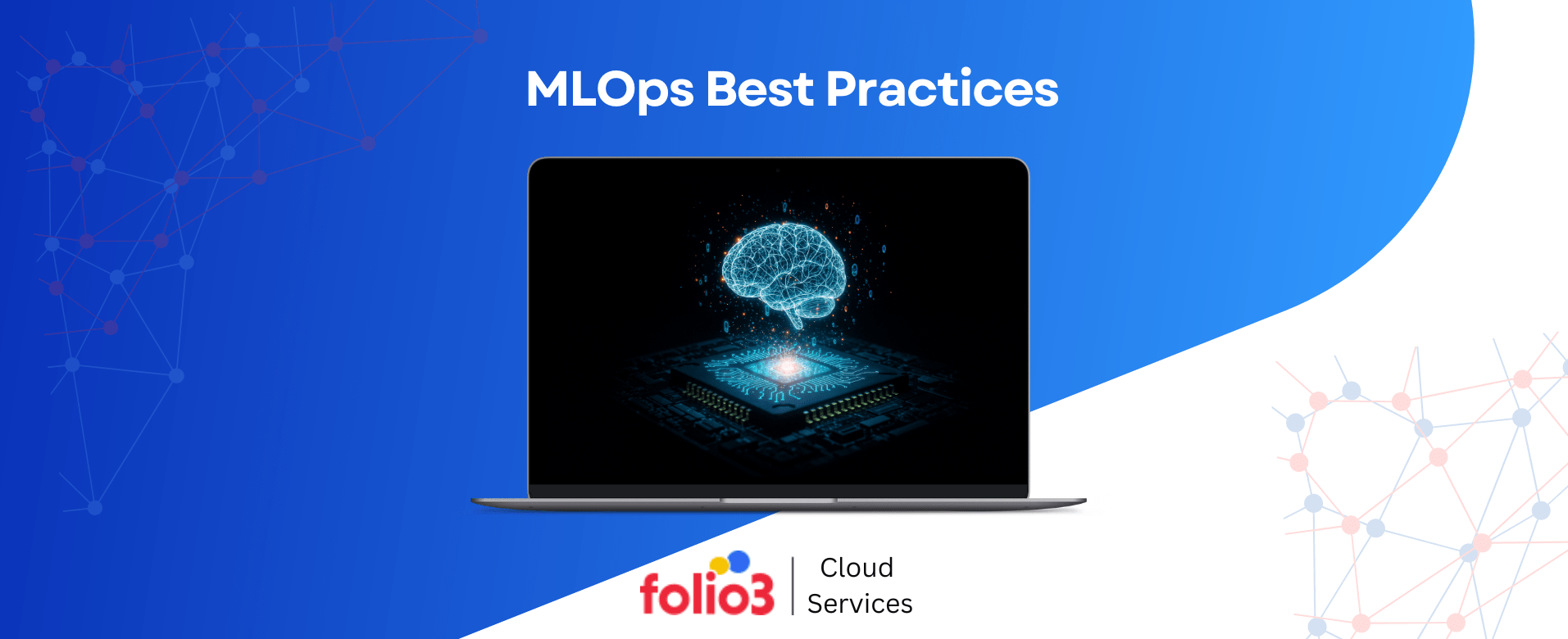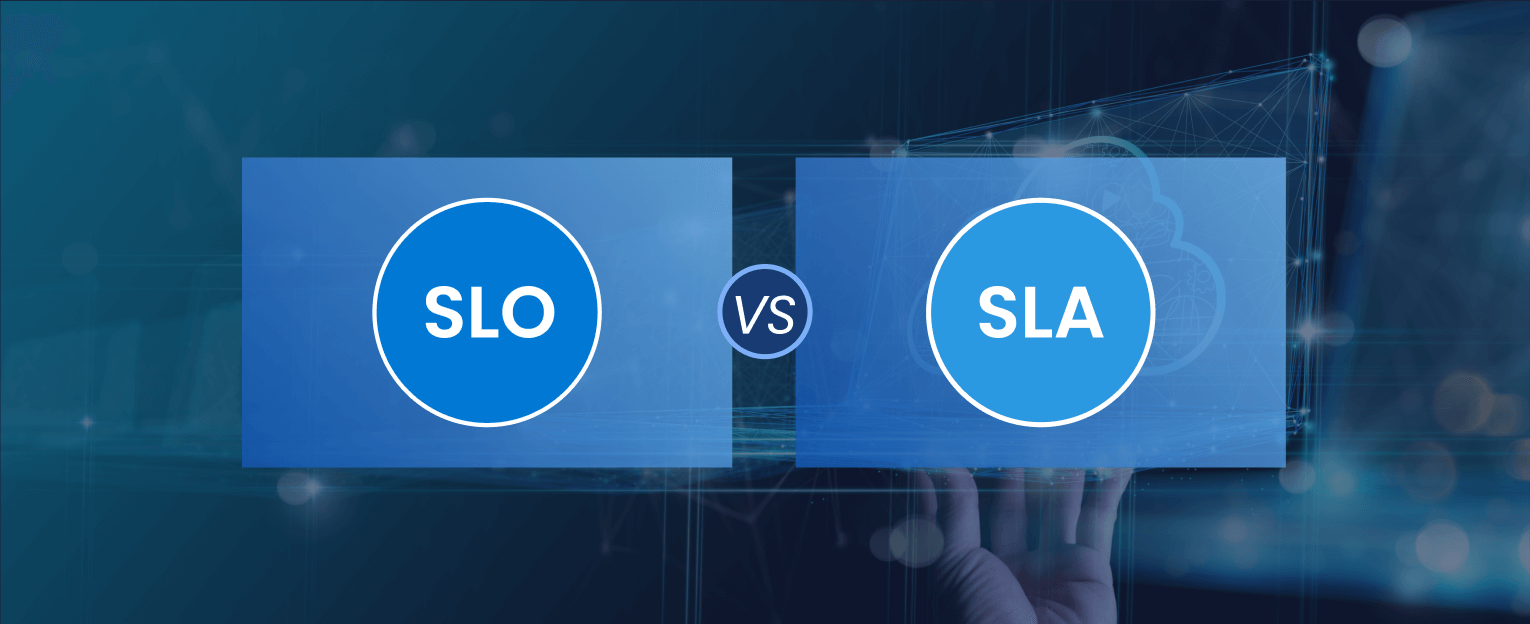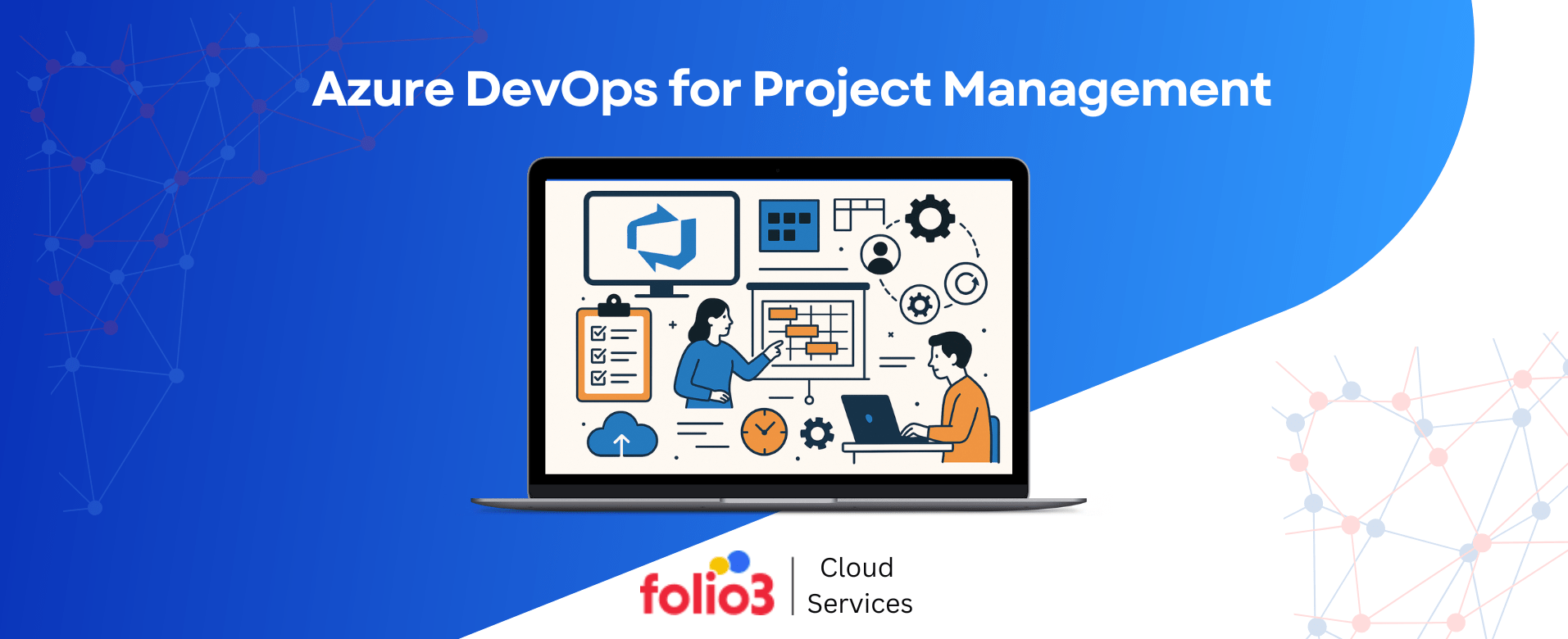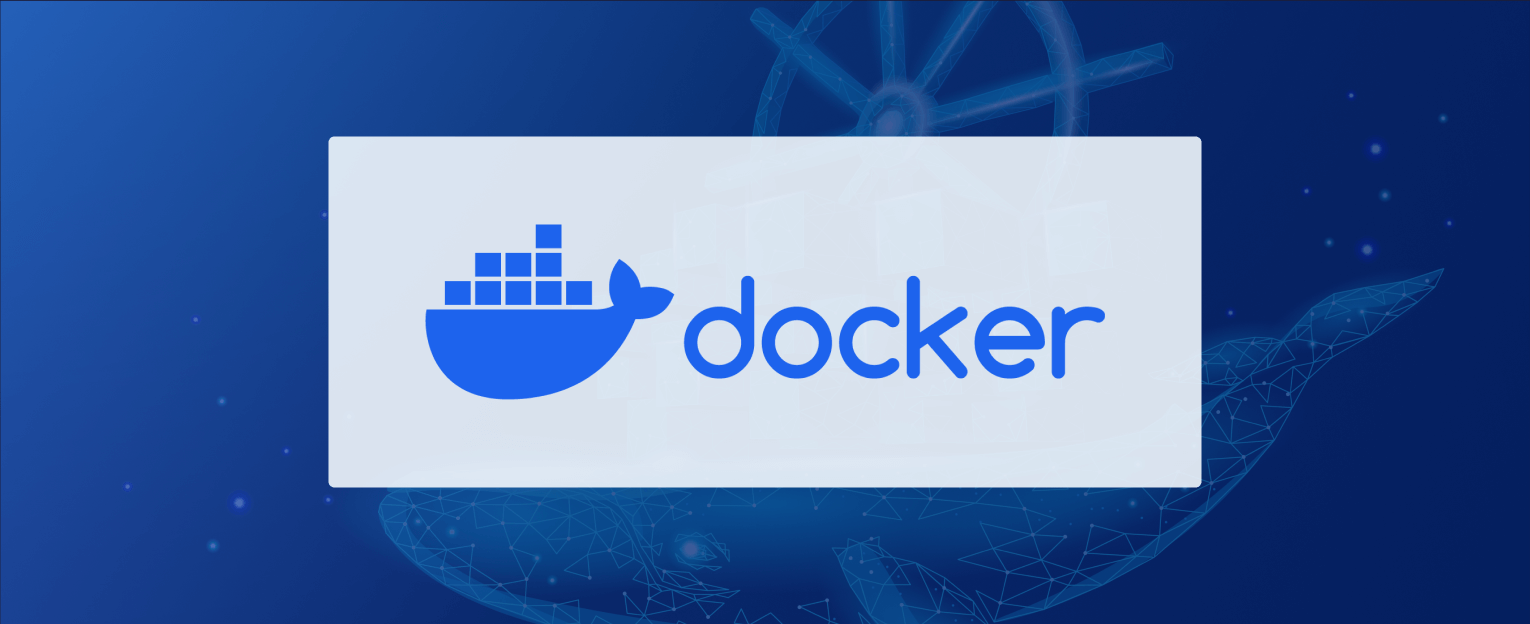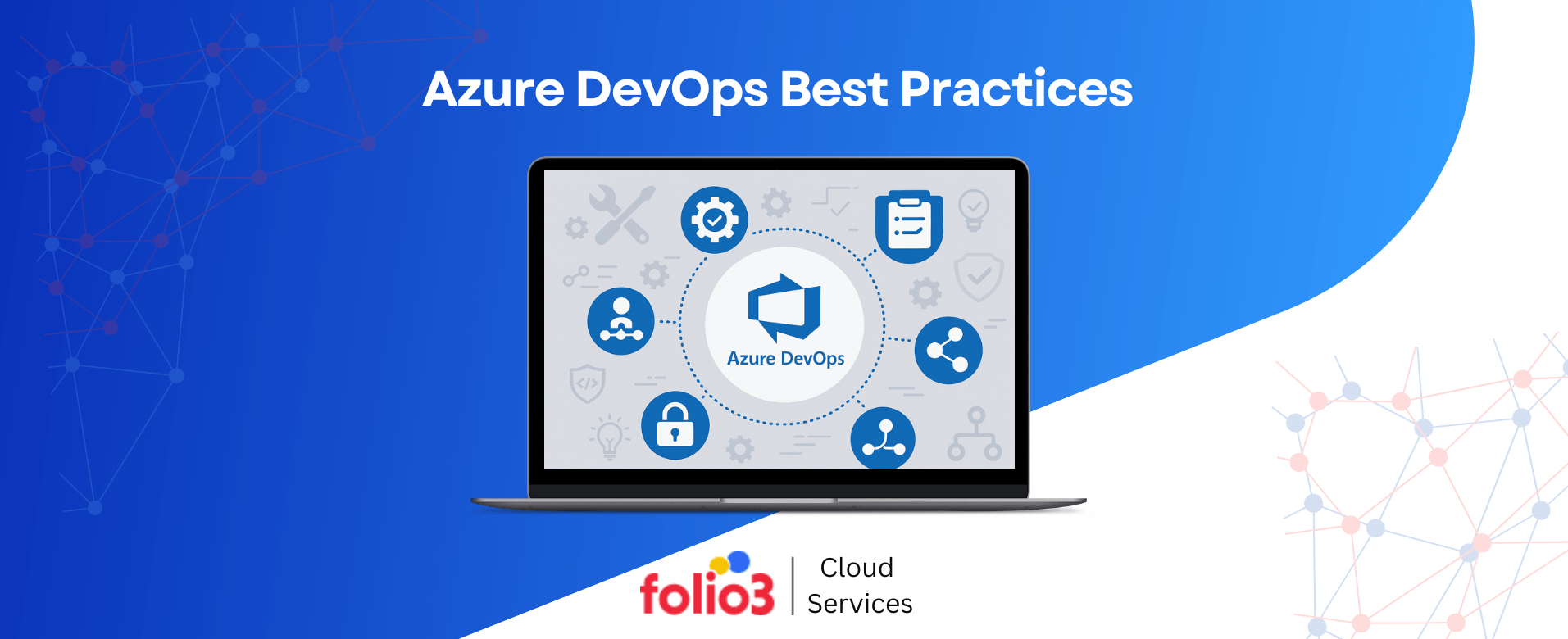Businesses are under immense pressure to deliver software products and services while maintaining high-quality standards rapidly. DevOps, a collaborative software development approach, has emerged as a cornerstone for achieving these goals.
DevOps fosters a culture of continuous integration, continuous delivery (CI/CD), and automation by combining development and operations teams. Amazon Web Services (AWS), a leading cloud computing platform, offers a robust ecosystem of tools and services that align perfectly with DevOps principles.
AWS empowers organizations to build, test, and deploy applications with unprecedented speed and agility. With the help of AWS’s capabilities, businesses can accelerate their software development lifecycle, reduce time-to-market, and enhance overall efficiency.
Keep reading this blog to delve into the role of AWS DevOps consulting in streamlining the development lifecycle!
What is AWS DevOps Consulting? Understanding in Detail
While DevOps provides a framework for streamlined software development, its successful implementation often requires specialized expertise and tailored solutions. This is where AWS DevOps Consulting comes into play.
AWS DevOps Consulting is a specialized service that leverages the power of Amazon Web Services (AWS) to optimize an organization’s software development lifecycle. It involves a collaborative approach between experienced DevOps consultants and clients to design, implement, and manage DevOps practices within the AWS cloud environment.
What is AWS?
Amazon Web Services (AWS) is a comprehensive cloud computing platform that offers a wide range of on-demand services to individuals, businesses, and governments.
Instead of setting up and managing your own IT infrastructure, AWS allows you to access computing resources like servers, storage, databases, and networking through the internet.
From computing power and storage to databases, networking, and analytics, AWS provides the building blocks for businesses to build and run virtually any type of application.
What is AWS DevOps?
AWS DevOps is a strategic combination of the DevOps methodology and Amazon Web Services (AWS) cloud platform. It involves leveraging AWS’s robust suite of tools and services to streamline software development and delivery processes.
Key Components of AWS DevOps
- Infrastructure as Code (IaC): Using AWS CloudFormation or AWS CDK to define and manage infrastructure resources programmatically.
- Continuous Integration and Continuous Delivery (CI/CD): Implementing automated build, test, and deployment pipelines with AWS CodePipeline, CodeBuild, and CodeDeploy.
- DevOps Culture: Fostering collaboration between development and operations teams through shared responsibility and automation.
- Security and Compliance: Integrating security into the DevOps pipeline using AWS security services like AWS WAF, AWS Shield, and AWS Security Hub.
- Monitoring and Logging: Utilizing AWS CloudWatch to track application performance, troubleshoot issues, and optimize operations.
AWS (Amazon Web Services) and Its Role in Facilitating Devops Practices
AWS has revolutionized how organizations approach software development and delivery by providing a robust foundation for DevOps practices. Its role can be summarized as follows:
- Infrastructure as Code (IaC): AWS empowers DevOps teams to define and manage infrastructure resources using code, ensuring consistency, reproducibility, and scalability. Tools like AWS CloudFormation and AWS CDK facilitate this process.
- Continuous Integration and Continuous Delivery (CI/CD): AWS offers a suite of services to automate the build, test, and deployment pipeline. AWS CodePipeline, CodeBuild, and CodeDeploy are key components for establishing efficient CI/CD workflows.
- Scalability and Elasticity: AWS’s ability to dynamically scale resources up or down based on demand is a cornerstone of DevOps. This ensures optimal resource utilization and performance.
- Wide Range of Services: From compute, storage, and databases to networking, security, and analytics, AWS provides a comprehensive set of services to support the entire DevOps lifecycle.
- DevSecOps: AWS integrates security into its platform, allowing DevOps teams to build secure applications from the ground up. Services like AWS WAF, AWS Shield, and AWS Security Hub help protect applications and data.
- Monitoring and Logging: AWS CloudWatch provides robust monitoring and logging capabilities, enabling DevOps teams to track application performance, troubleshoot issues, and optimize operations.

Accelerate Innovation Through AWS DevOps Transformation with Folio3
Partner with Folio3 for your AWS DevOps transformation and unlock the potential of efficient software development, enhanced collaboration, and accelerated innovation.
Scope of AWS DevOps Consulting
AWS DevOps Consulting encompasses a wide range of services designed to optimize an organization’s software development and delivery lifecycle.
With the help of Amazon Web Services (AWS), experienced consultants can help businesses achieve greater efficiency, speed, and reliability in their software development processes.
Let’s explore the key areas where AWS DevOps Consulting can make a significant impact:
Assessment and Planning
The foundation of a successful DevOps transformation begins with a thorough assessment of an organization’s current state. This process involves evaluating the existing infrastructure, tools, and processes to identify any pain points and bottlenecks.
When you define clear business objectives and key performance indicators (KPIs), organizations can develop a comprehensive DevOps roadmap that aligns with their overall goals, setting the stage for a transformative journey.
Infrastructure as Code (IaC)
Infrastructure as Code (IaC) is a fundamental aspect of AWS DevOps. Consultants play a critical role in defining infrastructure resources using code, such as AWS CloudFormation or AWS CDK.
They ensure that infrastructure is under version control, providing consistency and reproducibility across environments. This approach significantly accelerates infrastructure provisioning and updates, enhancing overall efficiency.
CI/CD Implementation
A robust Continuous Integration/Continuous Deployment (CI/CD) pipeline is essential for rapid and reliable software delivery. AWS DevOps consultants facilitate this by setting up automated build, test, and deployment processes.
They integrate these processes with version control systems like Git or SVN, implement code quality checks and security scans, and ensure that applications are smoothly deployed across various environments, including development, testing, and production.
Containerization and Orchestration
Containerization and orchestration platforms greatly enhance application portability and scalability. AWS DevOps consultants assist in containerizing applications using Docker and orchestrating them with Amazon Elastic Container Service (ECS) or Amazon Elastic Kubernetes Service (EKS).
They also implement CI/CD pipelines tailored for containerized applications, optimizing both performance and resource utilization to ensure seamless operations.
Monitoring and Logging
Comprehensive monitoring is critical for identifying issues, optimizing performance, and maintaining system health. AWS DevOps consultants help organizations implement AWS CloudWatch for log aggregation and monitoring.
They set up alerts and notifications, analyze log data to identify trends and anomalies, and work to optimize both application and infrastructure performance, ensuring a stable and efficient environment.
Benefits of AWS Consulting Services
Partnering with AWS DevOps consultants brings a host of significant advantages that can drive your organization’s success in the cloud. These benefits include:
Expertise and Guidance
Understanding the complexities of AWS and DevOps best practices can be challenging, but with the deep knowledge and experience of AWS DevOps consultants, your organization gains access to invaluable expertise.
These experts provide tailored guidance, helping you implement best practices, avoid common pitfalls, and make informed decisions that align with your specific business objectives.
Optimized Architecture
AWS DevOps consultants excel in designing and implementing cloud-native architectures that are not only robust and scalable but also closely aligned with your business requirements.
With their expertise, your organization can maximize the full potential of AWS services, ensuring that your infrastructure is optimized for performance, security, and cost-efficiency. This tailored approach helps you achieve a more agile and responsive IT environment that supports your long-term goals.
Cost Efficiency
One of the key advantages of working with AWS DevOps consultants is the ability to identify and capitalize on cost-saving opportunities. These experts analyze your current infrastructure and usage patterns to recommend optimizations that reduce unnecessary expenditures.
Make sure to optimized resource utilization and selectthe most cost-effective AWS services, so you can achieve significant savings, ensuring that your cloud environment is both economical and efficient.
Rapid Deployment
In today’s fast-paced business environment, the ability to bring products and services to market quickly is crucial.
AWS DevOps consultants help accelerate your time-to-market by setting up efficient Continuous Integration/Continuous Deployment (CI/CD) pipelines and automating infrastructure provisioning.
This streamlined approach reduces manual processes, minimizes errors, and speeds up the deployment of applications, enabling your organization to respond more rapidly to market demands and customer needs.
Scalability and Flexibility
As your business grows and evolves, so too must your IT infrastructure. AWS DevOps consultants help you build applications that are inherently scalable and flexible, capable of handling varying workloads and adapting to changing business requirements.
With the help of systems that can scale up or down as needed, these consultants ensure that your organization is well-prepared to meet future challenges, supporting sustained growth and innovation in a dynamic market.
Key Components of AWS DevOps Consulting
To effectively implement and optimize DevOps practices within an organization, AWS DevOps Consulting focuses on several key components. These core elements work in synergy to deliver tangible benefits and drive business success.
Let’s explore the essential building blocks of AWS DevOps Consulting:
- Strategy and Assessment: Understanding an organization’s unique needs, challenges, and goals is paramount. Consultants conduct thorough assessments to identify areas for improvement and develop a tailored DevOps strategy.
- Infrastructure as Code (IaC): Implementing IaC using tools like AWS CloudFormation or AWS CDK ensures consistency, reproducibility, and efficiency in provisioning and managing infrastructure resources.
- Continuous Integration and Continuous Delivery (CI/CD): Consultants help establish robust CI/CD pipelines using AWS services like CodeBuild, CodePipeline, and CodeDeploy to automate building, testing, and deployment processes.
- DevSecOps: Integrating security into the DevOps pipeline is crucial. Consultants assist in implementing security best practices, vulnerability scanning, and compliance measures.
- Monitoring and Logging: Effective monitoring and logging are essential for identifying issues, optimizing performance, and ensuring system health. Consultants help develop comprehensive monitoring solutions using AWS CloudWatch and other relevant services.
- Automation: Automating repetitive tasks is a cornerstone of DevOps. Consultants identify opportunities for automation and implement solutions using AWS Lambda, Step Functions, and other automation tools.
- Team Collaboration and Culture: Fostering a DevOps culture within an organization requires effective collaboration between development and operations teams. Consultants guide team structure, communication, and collaboration tools.
AWS DevOps Consulting Steps
AWS DevOps Consulting is a comprehensive approach designed to optimize an organization’s software development and delivery lifecycle using AWS services. The process is structured into several key steps to ensure a successful DevOps implementation:
Assessment and Planning
The consulting process begins with an initial consultation to understand the client’s business objectives, challenges, and current DevOps maturity. This is followed by a gap analysis to identify discrepancies between the current state and the desired DevOps outcomes.
A thorough technology assessment is conducted to evaluate existing infrastructure, tools, and processes. Based on these insights, a tailored DevOps implementation plan or roadmap is developed, aligning with the organization’s strategic goals while overcoming the challenges of DevOps.
Infrastructure as Code (IaC) Implementation
Once the planning is complete, the next step is to define the infrastructure using AWS CloudFormation or AWS Cloud Development Kit (CDK). These tools are used to create templates for infrastructure resources.
The IaC code is then incorporated into version control systems, ensuring that infrastructure changes can be tracked and managed effectively. Automation plays a crucial role in this stage, where infrastructure provisioning and updates are automated to increase efficiency.
Rigorous testing and validation processes are implemented to verify the correctness of the infrastructure, ensuring that it meets the organization’s requirements.
CI/CD Pipeline Setup
Setting up a Continuous Integration/Continuous Deployment (CI/CD) pipeline is critical for efficient software delivery. The process begins with selecting the appropriate AWS services, such as CodeCommit, CodeBuild, CodePipeline, and CodeDeploy, to construct the pipeline.
The pipeline is then configured to define build, test, and deployment stages, ensuring a smooth flow from code development to production. Integration with the IaC setup ensures that infrastructure provisioning is aligned with the application deployment process.
Automation is further enhanced by automating code compilation, testing, and deployment, reducing manual intervention and accelerating delivery.
Containerization and Orchestration (Optional)
For organizations looking to enhance application portability and scalability, containerization and orchestration are vital.
Applications are packaged into Docker containers, which are then managed using AWS services like Amazon ECS or EKS.
The CI/CD pipeline is extended to incorporate container build and deployment processes. Automated scaling and lifecycle management of containers ensure that the applications can adapt to varying workloads and maintain optimal performance.
DevOps Culture and Collaboration
A successful DevOps transformation goes beyond tools and processes; it requires a cultural shift within the organization. Consultants work on fostering collaboration between development and operations teams, establishing a shared responsibility model.
Clearly defined roles and responsibilities within the DevOps team are essential for smooth operations. Communication and collaboration tools are implemented to facilitate effective knowledge sharing and continuous learning, fostering a culture of continuous improvement.
Monitoring and Logging
To maintain system health and performance, monitoring and logging are crucial components of the DevOps process. AWS CloudWatch is set up to aggregate logs and monitor system performance.
Alerts are configured for critical events and performance issues, enabling prompt response to potential problems. Custom dashboards are developed to visualize key metrics, providing real-time insights into system performance.
The data collected from monitoring is used to identify and address performance bottlenecks, optimizing both applications and infrastructure.
Security and Compliance
Security and compliance are integral to any DevOps strategy. The process begins with a threat assessment to identify potential security risks and vulnerabilities.
Security controls, such as Identity and Access Management (IAM), encryption, and vulnerability scanning, are implemented to safeguard the system.
The organization’s compliance with industry standards and regulations (e.g., PCI DSS, HIPAA, GDPR) is ensured through the adoption of relevant frameworks. Regular security audits and penetration testing are conducted to maintain a robust security posture.
Continuous Improvement
The final step in the consulting process is to establish a feedback loop that gathers input from teams and stakeholders. This feedback is used to identify areas for process optimization and implement necessary changes.
Key performance indicators (KPIs) are tracked to measure the success of the DevOps initiatives. As the organization matures in its DevOps practices, the focus shifts to expanding automation, further increasing efficiency and enabling continuous improvement.
Factors to Consider When Selecting an AWS DevOps Consulting Partner
Choosing the right AWS DevOps consulting partner is crucial for the success of your DevOps transformation. Several key factors should be considered when making this decision:
Expertise and Capabilities
- AWS Services Proficiency: The consulting firm should demonstrate a deep understanding of a wide range of AWS services, including compute, storage, networking, databases, and security.
- DevOps Methodology Mastery: A strong foundation in DevOps principles, practices, and tools is essential for effective implementation.
- Industry Experience: Experience in your specific industry can be valuable, as it allows the consultant to understand your unique challenges and requirements.
Track Record and Reputation
- Case Studies and Success Stories: Review the partner’s previous projects and client testimonials to assess their ability to deliver results.
- Client References: Request references from past clients to gather firsthand insights into their experience.
- Industry Recognition: Look for certifications, awards, or industry recognition as indicators of the partner’s expertise.
Approach and Methodology
- Customization: The consulting firm should be able to tailor their approach to your organization’s specific needs and goals.
- Agility: The ability to adapt to changing requirements and priorities is essential.
- Continuous Improvement: A focus on continuous improvement and optimization is crucial for long-term success.
Communication and Collaboration
- Effective Communication: Strong communication skills are essential for building trust and ensuring alignment.
- Collaboration: The partner should be willing to work closely with your team and share knowledge.
- Transparency: Open and honest communication about project progress, challenges, and solutions is vital.
Cost and Value
- Pricing Structure: Understand the consulting firm’s pricing model and fee structure.
- Return on Investment (ROI): Evaluate the potential benefits of the partnership against the cost.
- Cost-Benefit Analysis: Consider the long-term value of the consulting engagement in terms of improved efficiency, reduced costs, and increased revenue.
Conclusion
AWS DevOps Consulting offers a powerful approach to optimizing your software development lifecycle, enhancing efficiency, and accelerating time-to-market. Partnering with experienced consultants can ensure your organization leverages AWS’s full potential.
For expert guidance and tailored solutions, consider Folio3 Cloud and Data Services to drive your DevOps transformation to new heights.

Accelerate Innovation Through AWS DevOps Transformation with Folio3
Partner with Folio3 for your AWS DevOps transformation and unlock the potential of efficient software development, enhanced collaboration, and accelerated innovation.



